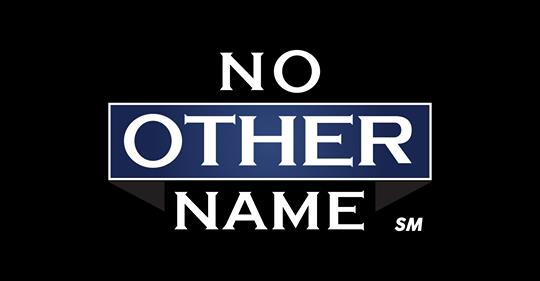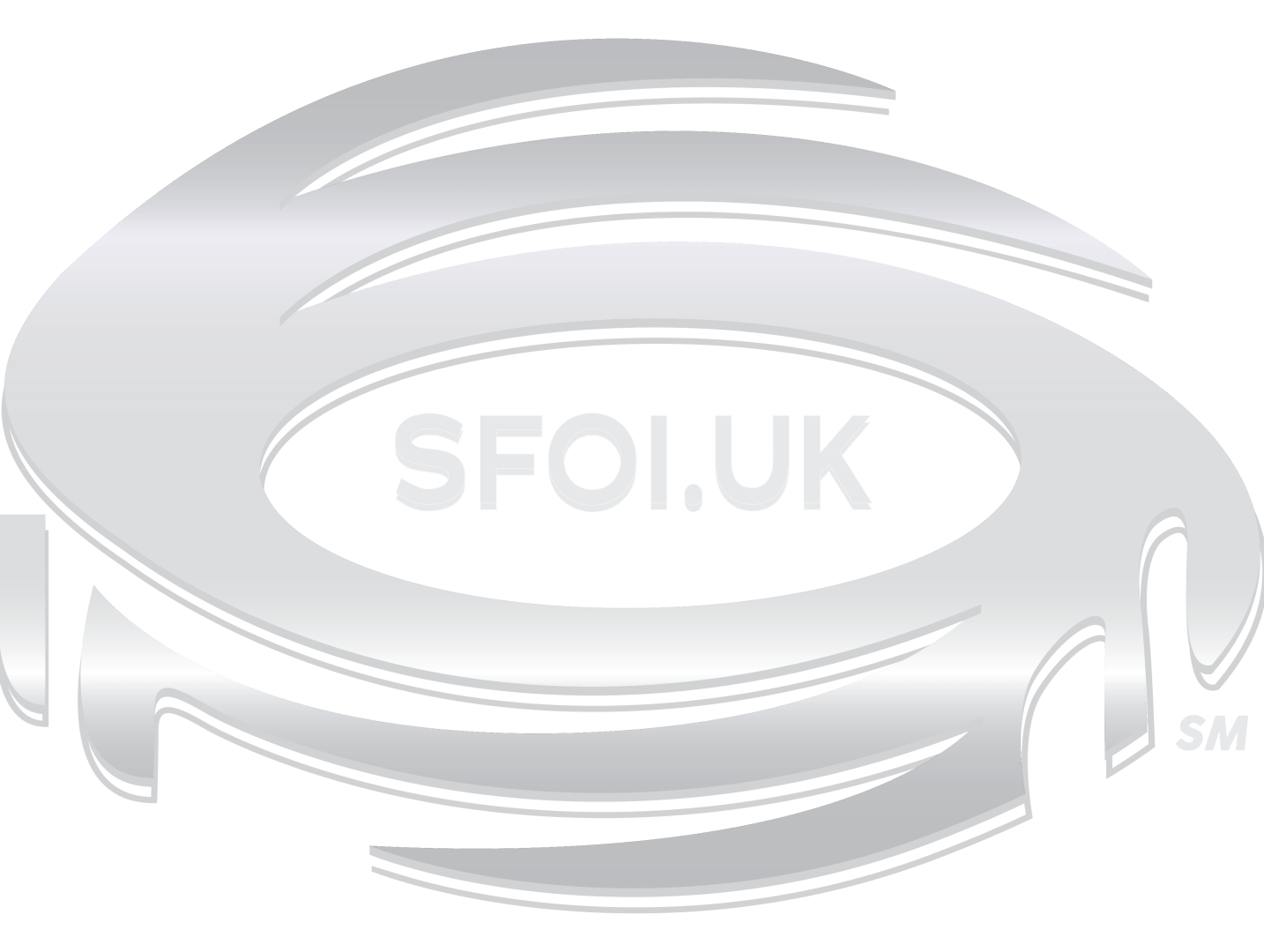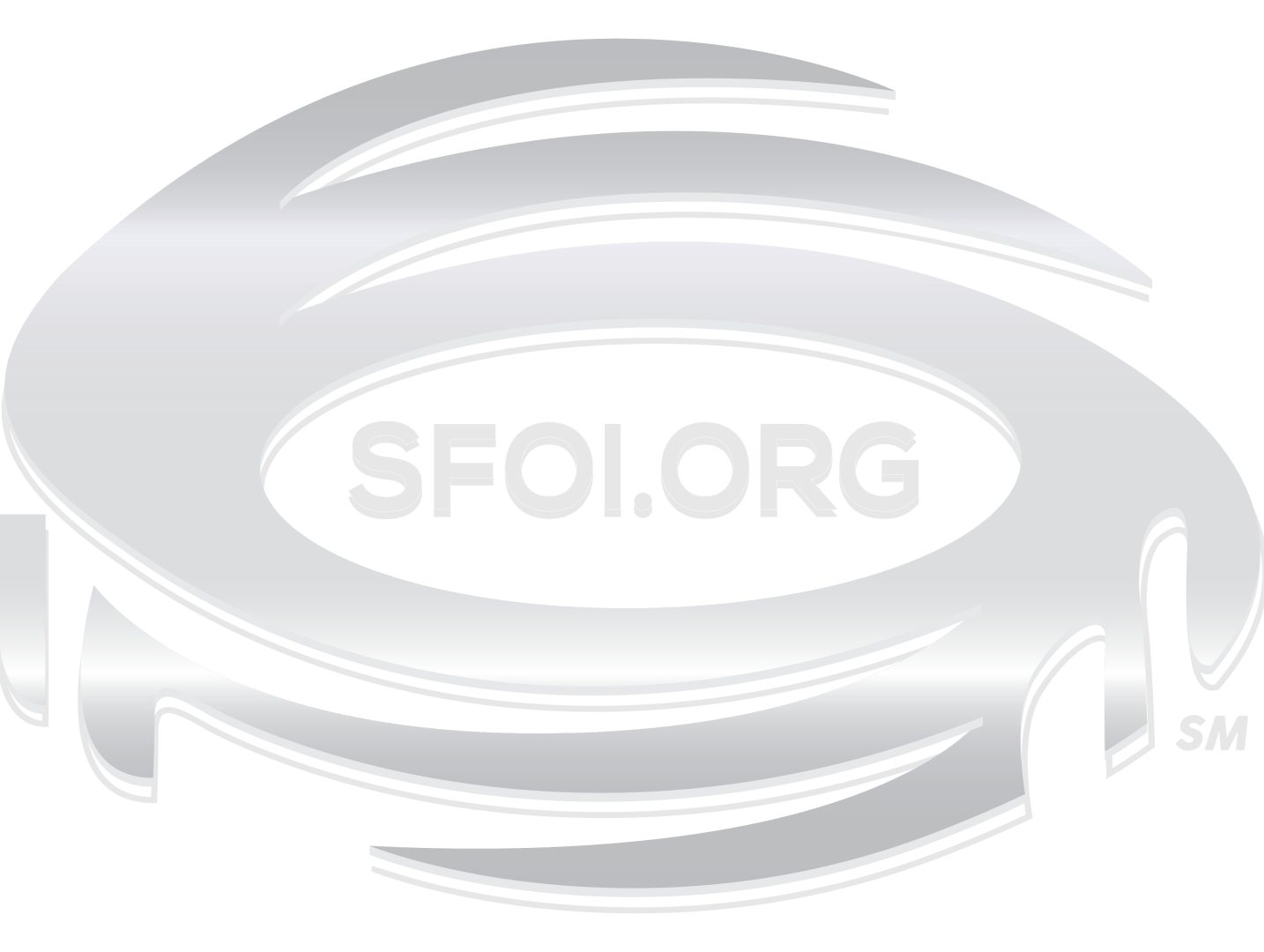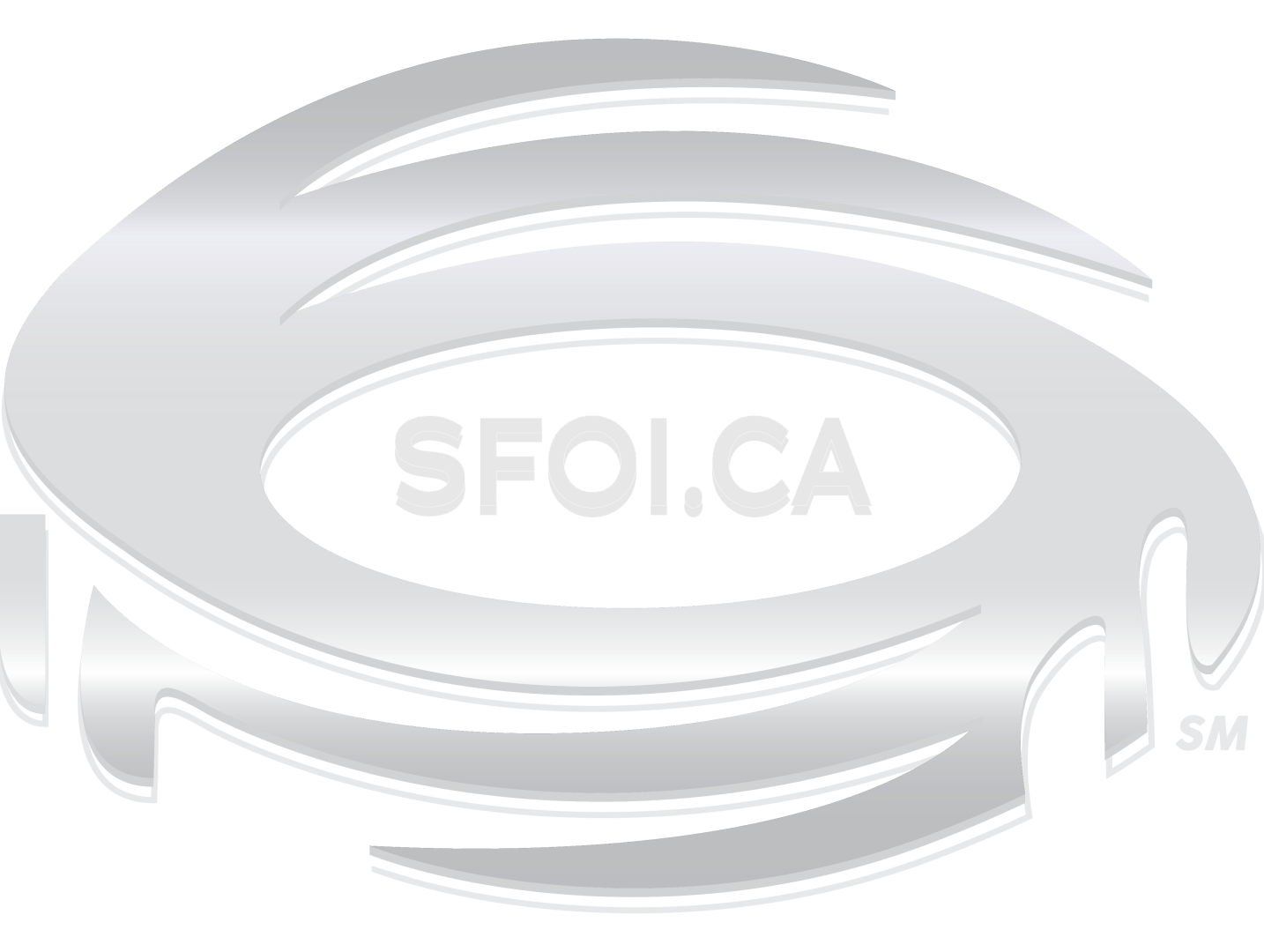Devotional 11-05-25
Daily Devotional 11-05-25
Knowing God …!
The Bible is a book without pictures. This is because there’s an essential, impenetrable mystery about God. To try to paint a picture of God reduces his eternal nature to dimensions that can be comprehended by the human mind. But when we think about it, such a truncated, ordinary God is God no longer.
How then can we begin to grasp God’s awesome majesty, holiness and power? The answer is that because relationship is at the heart of his nature, we come to know him through words. When it comes to the Being of God, the pen can communicate the mystery of God in a way that an artist’s brush cannot.
Psalm 139, sometimes called the crown of Hebrew poetry, is an intensely moving meditation on the invisible attributes of God. In it the power of words brings us into the presence of God whom the Apostle Peter calls the majestic glory (2 Peter 1:17).
We can identify four themes in the psalm.
1. God is all-seeing. In verse 1 we read: O Lord, you have searched me and known me. You know when I sit down and when I rise up; you discern my thoughts from far away.
National security authorities have an extraordinary capacity to tap into our phone calls and read our tweets and email. Furthermore, our every move is increasingly watched by CCTV.
Three millennia ago, King David knew that he too, was observed by an all-seeing eye. But in his case, he knew that his thoughts, as well as his actions, were observed. He tells us in this Psalm that this Watcher is not a mere, passive, receptor of information like a spy satellite, but a master detective who sees every detail of our existence. ‘You know me, Lord,’ David is saying. ‘I have nowhere from which I can exclude you. Everything is open to your gaze.’
While we might feel threatened by the thought that we’re being watched by a ‘Big Brother’ figure, David doesn’t see it that way. Yes, his words in verse 5 seem to suggest he feels trapped, You hem me in behind and before, you have laid your hand upon me. But his words, you hem me in can also be translated, ‘you guard me’ or ‘you encircle me for my protection’. The wider context of the psalm supports this.
David views God’s all-embracing knowledge as a refuge: Such knowledge is too wonderful for me, he says in v.6. He is not resentful of God’s all-seeing intelligence. The more I learn about you, David is saying, the more awesome and mysterious I find you.
2. God is always-present. Consider verses 7 through 10: Where can I go from your spirit? Or where can I flee from your presence? If I ascend to heaven, you are there; if I make my bed in Sheol, you are there. If I take the wings of the morning and settle at the farthest limits of the sea, even there your hand shall lead me, and your right hand shall hold me fast.
David, for a moment, considers flight from the all-seeing eyes of God. He wonders if there’s somewhere in the universe where he can escape from God. But the minute the idea enters his mind he sees how impossible it is. God not only knows everything, but he’s also everywhere. If David could blast off into the stratosphere, plunge into the depths of the seas, travel to the farthest reaches touched by the dawning light, he knows he couldn’t escape God.
At times we may feel frustrated with God’s presence. However, the context indicates that this is not what David felt. He didn’t want to get away from God. Rather, he is grateful for God’s all-embracing presence – to guide him and keep him secure.
Verses 11ff assure us that God is utterly dependable, no matter the situation, day or night: If I say, “Surely the darkness shall cover me, and the light around me become night,” even the darkness is not dark to you; the night is as bright as the day, for darkness is as light to you.
David’s response to God’s knowledge and presence is so different from our response to the ever-increasing surveillance systems around us. What if such information was to fall into hostile hands? Yet there is an irony here: the more we see our dependence on human surveillance capabilities, the less dependent we become on God. David knows that God is loving and just in all his ways. God isn’t fickle; he won’t distort and manipulate the picture.
3. God alone is the creator (139:13). For it was you who formed my inward parts; you knit me together in my mother’s womb.
The birth of a child is a mysterious and wonderful thing. David had nothing of our 21st C knowledge of human genetics and embryology. He knew nothing of DNA or chromosomes, and had never seen a living foetus on an ultra-sound scan. But he knew enough to be amazed that something as complex as a human was formed inside a woman’s womb.
And he understood that there is only one explanation for this amazing miracle: the work of God. In verse 14 he says: I praise you, for I am fearfully and wonderfully made.
There is something immensely moving and immensely touching for David about God’s work and presence in his life. How weighty to me are your thoughts, O God! (139:17)
He is aware of God’s personal interest in every detail of his existence – including his weaknesses and fears. He is also aware that with every new day God is still at work, directing the course of his life. He finds it an immensely precious comfort in all his human vulnerability.
Significantly, David traces his beginning as a person, to the moment of conception: You created my inmost being, he says to God.
You knit me together in my mother’s womb (v.13).
Even in embryo he was a person, not just another part of his mother’s body. Psalm 139 speaks so plainly about the human identity of the unborn – from the moment of conception.
4. God – the all-holy One (Psalm 139:19): O that you would kill the wicked, O God,…
David is aware of intrigue and corruption around him – of godless, violent men and women who are intent on evil, who mock the spiritual and moral sensitivity of anyone who speaks of God. He has a choice: he must either identify with the ruthless and their unscrupulous ways, or he must find the courage to be different – to be a man of principle, godliness and integrity.
In this closing stanza David reveals his decision: to put God before personal popularity and personal safety. His decision is a challenge for us. We may be powerless to prevent godless people from carrying out their evil schemes. David prayed for God’s judgment to fall on them. He refused to number them among his friends.
His concluding prayer for himself, is a model for us. In verses 23 and 24 we read: Search me, O God, and know my heart; test me and know my thoughts. See if there is any wicked way in me, and lead me in the way everlasting.
God longs that we pray this prayer, not because there is something he doesn’t know about us, but because he wants our friendship. He wants a relationship with us that will enable him to cleanse us from every offensive way and lead us in the way everlasting. For us who live on the other side of the blood that Jesus shed on the cross at Calvary, it means turning to him in repentance, laying the burden of our sin at the foot of the cross, and hearing his, I forgive you.
A prayer. Almighty God, we thank you for the gift of your holy word. May it be a lantern to our feet, a light to our paths, and strength to our lives. Take us and use us to love and serve all people in the power of the Holy Spirit and in the name of your Son Jesus Christ our Lord. Amen.
© John G. Mason







